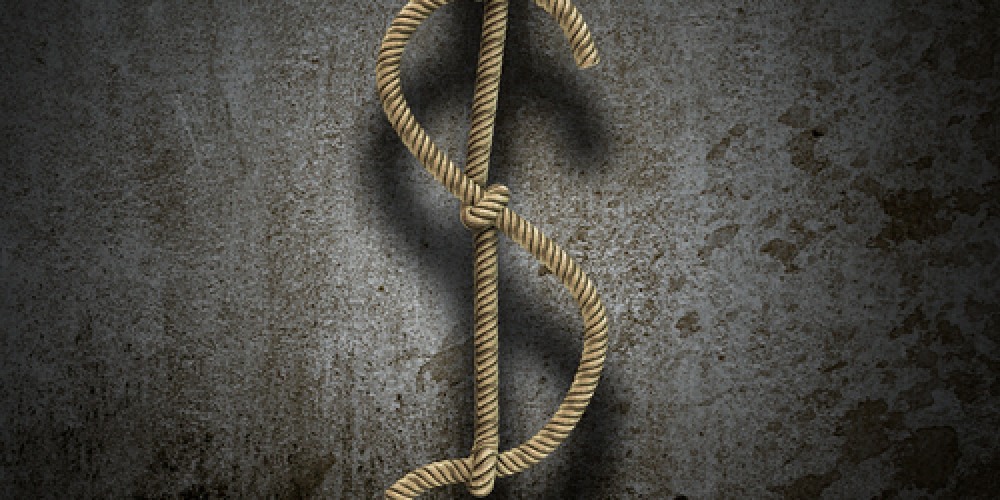Are you a ‘dead sea?’

(Sunday Nation, 31 January 2016)
One thing that’s great about social media is that it reconnects you with old friends. Andrew Blacknell and I have a shared history. We went into our first job together, straight out of university. We were fresh-faced junior management consultants in one of the big consulting practices of the time, in a big city. Those experiences are unforgettable, and Andrew and I have a shared history of laughter, blunders and achievements.
After launching my new website, it was a pleasure to find Andrew popping up. It was even more of a pleasure to note that he is now the co-author of a very good leadership manual – ‘Leaders’ Journal’ – which is a lively and entertaining read.
Coincidentally, I focus on leadership myself these days, and the page that leaped out at me was all about the Dead Sea. If you remember your geography, the Dead Sea is the lowest point on the earth’s surface – 427 metres below sea level. It is ten times saltier than the ocean, and therefore cannot sustain any fish or animal life. That’s how it gets its name.
Why is the Dead Sea dead? Because plenty of water flows in, but none can flow out. The lake is at the earth’s lowest surface point, so things only flow in. It gives out nothing.
Andrew and his co-authors turn this phenomenon into a telling metaphor for success in life. How many of us are ‘dead seas’ – we only receive, but never give out? As the authors put it, successful leadership requires ‘flow-through’ (letting knowledge percolate) and ‘flow-out’ (having an impact on others).
Indeed, many of us are dead seas. We take and take, and the key purpose of existence becomes to take even more. As we accumulate knowledge and accolades and riches just for ourselves, we become no more than toxic dumps. There are no outlets, and therefore no growth or meaning.
One of the lessons I learned early in life is that success comes more from flows than from stocks. We fixate on stock-piling – more degrees, training programmes, certificates, bank accounts, cars, homes, acres, romantic conquests – to the detriment of significance.
I have never understood this. For me, money is always easy come, easy go. It will be frittered away or given away at a rate similar to which it comes in. Net worth for me is not in the size of the ‘hoard’, but in the experiences through which the hoard is formed. Too big a hoard is a sign of a failed life. It signifies an inveterate hoarder and a miser who is in love with the money more than with what the money can do.
It’s the same with knowledge. It should come out of us in the same way and with the same intensity with which it comes into us. My new website came from a personal commitment to stop hoarding the knowledge and insights of a lifetime, or reserving them for the moneyed elite. It turns some of the most important lessons I know into digital products that are just given away. No charge.
It’s something we should all ask ourselves: how often am I taking in, and how often am I giving out? If I’ve been blessed with better income than most, what am I doing with that luck? If I have acquired expertise and skills, what am I doing with that privilege? Too many of us are the walking dead – we sustain no one and nothing but ourselves and our inner circles. We are unhealthy, unwealthy and unwise.
To be a mere accumulator in this brief existence is to be nothing. The wealth will escape anyway – witness the daily inheritance battles we see on our front pages every day. It’s just a matter of time. Or it will stay and poison you and your offspring. Knowledge hidden as a set of ‘secrets’ is also futile – it is kept captive in a tiny prison, when it should be out there liberating the world.
So don’t be a dead sea. Let everything that comes in flow through you. Refresh yourself, and then refresh others. To be fixated on a meaningless, petty little self is to waste a life. There is far more joy in giving – giving money, giving help, giving advice, giving kindness. Otherwise, we end up as dead seas: toxic, self-absorbed and existing at the lowest plane of humanity.

Buy Sunny Bindra's new book
The X in CX
here »
Popular Posts
- The pause that saves usJune 8, 2025
- Where are you rushing to—your funeral?June 29, 2025
- How to spot a real thinkerJune 15, 2025
- Built the app, forgot the flowJune 22, 2025
- The first push is the hardestJune 1, 2025















